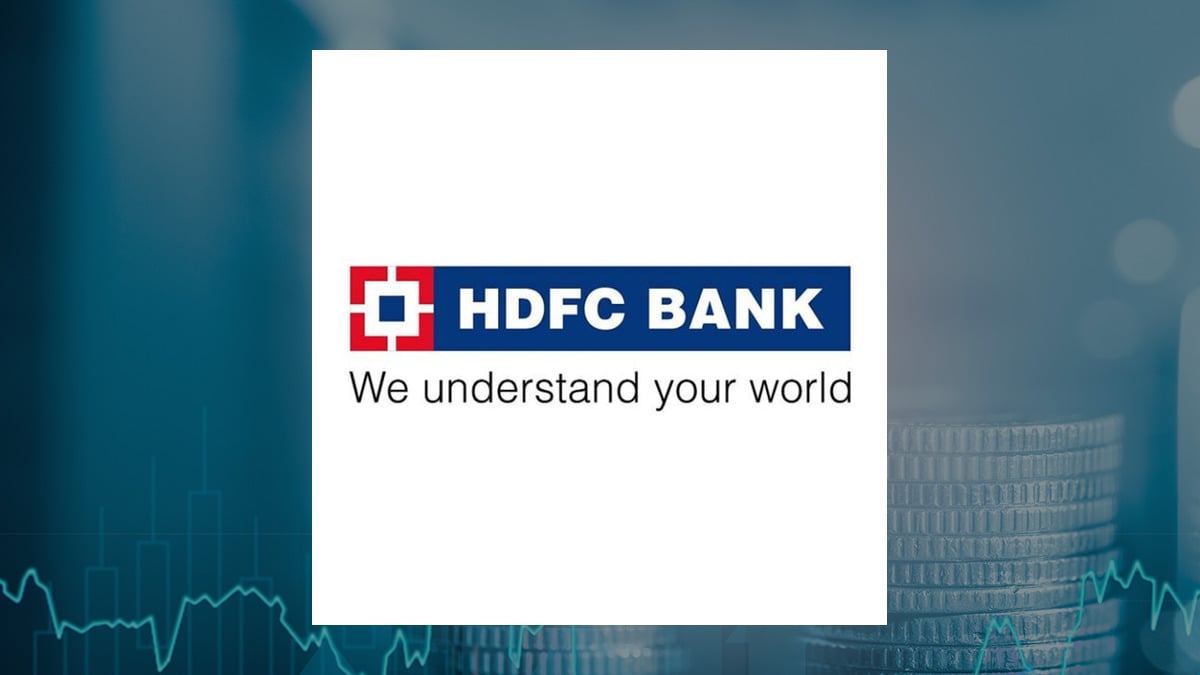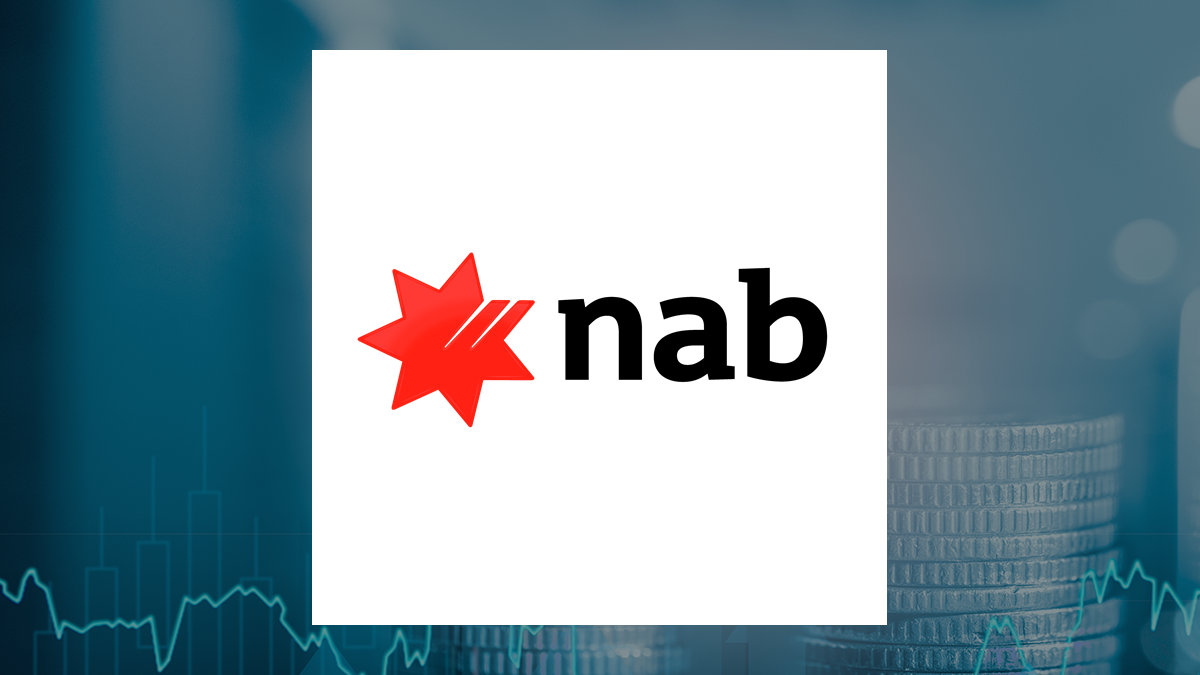HDFC Bank (NYSE:HDB – Get Free Report) and National Australia Bank (OTCMKTS:NABZY – Get Free Report) are both large-cap finance companies, but which is the better business? We will contrast the two businesses based on the strength of their dividends, earnings, institutional ownership, analyst recommendations, valuation, profitability and risk.
Institutional & Insider Ownership
17.6% of HDFC Bank shares are held by institutional investors. 1.0% of HDFC Bank shares are held by company insiders. Strong institutional ownership is an indication that endowments, hedge funds and large money managers believe a company will outperform the market over the long term.
Profitability
This table compares HDFC Bank and National Australia Bank’s net margins, return on equity and return on assets.
| Net Margins | Return on Equity | Return on Assets | |
| HDFC Bank | 14.49% | 11.60% | 1.60% |
| National Australia Bank | N/A | N/A | N/A |
Volatility and Risk
Earnings and Valuation
This table compares HDFC Bank and National Australia Bank”s revenue, earnings per share and valuation.
| Gross Revenue | Price/Sales Ratio | Net Income | Earnings Per Share | Price/Earnings Ratio | |
| HDFC Bank | $55.70 billion | 3.26 | $7.88 billion | $3.26 | 21.83 |
| National Australia Bank | $36.86 billion | 2.33 | $4.59 billion | N/A | N/A |
HDFC Bank has higher revenue and earnings than National Australia Bank.
Analyst Ratings
This is a breakdown of recent ratings and price targets for HDFC Bank and National Australia Bank, as reported by MarketBeat.com.
| Sell Ratings | Hold Ratings | Buy Ratings | Strong Buy Ratings | Rating Score | |
| HDFC Bank | 0 | 0 | 1 | 1 | 3.50 |
| National Australia Bank | 0 | 0 | 0 | 0 | 0.00 |
Dividends
HDFC Bank pays an annual dividend of $0.64 per share and has a dividend yield of 0.9%. National Australia Bank pays an annual dividend of $0.52 per share and has a dividend yield of 3.7%. HDFC Bank pays out 19.6% of its earnings in the form of a dividend.
Summary
HDFC Bank beats National Australia Bank on 11 of the 14 factors compared between the two stocks.
About HDFC Bank
 HDFC Bank Limited provides banking and financial services to individuals and businesses in India, Bahrain, Hong Kong, and Dubai. The company operates in three segments: Wholesale Banking, Retail Banking, and Treasury Services. It accepts savings, salary, current, rural, public provident fund, pension, and demat accounts; fixed and recurring deposits; and safe deposit lockers, as well as offshore accounts and deposits, and overdrafts against fixed deposits. The company also provides personal, home, car, two-wheeler, business, doctor, educational, gold, consumer, and rural loans; loans against properties, securities, fixed deposits, rental receivables, and assets; loans for professionals; government sponsored programs; and loans on credit card, as well as working capital and commercial/construction equipment finance, healthcare/medical equipment and commercial vehicle finance, dealer finance, and term loans. In addition, it offers credit, debit, prepaid, and forex cards; payment and collection, export, import, remittance, bank guarantee, letter of credit, trade, hedging, and merchant and cash management services; insurance and investment products. Further, the company provides short term finance, bill discounting, structured finance, export credit, loan repayment, and documents collection services; online and wholesale, mobile, and phone banking services; unified payment interface, immediate payment, national electronic funds transfer, and real time gross settlement services; and channel financing, vendor financing, reimbursement account, money market, derivatives, employee trusts, cash surplus corporates, tax payment, and bankers to rights/public issue services, as well as financial solutions for supply chain partners and agricultural customers. It operates branches and automated teller machines in various cities/towns. The company was incorporated in 1994 and is headquartered in Mumbai, India.
HDFC Bank Limited provides banking and financial services to individuals and businesses in India, Bahrain, Hong Kong, and Dubai. The company operates in three segments: Wholesale Banking, Retail Banking, and Treasury Services. It accepts savings, salary, current, rural, public provident fund, pension, and demat accounts; fixed and recurring deposits; and safe deposit lockers, as well as offshore accounts and deposits, and overdrafts against fixed deposits. The company also provides personal, home, car, two-wheeler, business, doctor, educational, gold, consumer, and rural loans; loans against properties, securities, fixed deposits, rental receivables, and assets; loans for professionals; government sponsored programs; and loans on credit card, as well as working capital and commercial/construction equipment finance, healthcare/medical equipment and commercial vehicle finance, dealer finance, and term loans. In addition, it offers credit, debit, prepaid, and forex cards; payment and collection, export, import, remittance, bank guarantee, letter of credit, trade, hedging, and merchant and cash management services; insurance and investment products. Further, the company provides short term finance, bill discounting, structured finance, export credit, loan repayment, and documents collection services; online and wholesale, mobile, and phone banking services; unified payment interface, immediate payment, national electronic funds transfer, and real time gross settlement services; and channel financing, vendor financing, reimbursement account, money market, derivatives, employee trusts, cash surplus corporates, tax payment, and bankers to rights/public issue services, as well as financial solutions for supply chain partners and agricultural customers. It operates branches and automated teller machines in various cities/towns. The company was incorporated in 1994 and is headquartered in Mumbai, India.
About National Australia Bank
 National Australia Bank Limited provides financial services to individuals and businesses in Australia, New Zealand, and internationally. The company operates through Business and Private Banking; Personal Banking; Corporate and Institutional Banking; New Zealand Banking; and Corporate Functions and Other segments. It accepts transaction accounts, savings accounts, debit cards, and term deposits; and specialized accounts, such as foreign currency, business interest, cash maximiser, farm management, community free saver, statutory trust, and project bank accounts, as well as farm management deposits. In addition, the company provides home loans, personal loans, and business loans; vehicle and equipment finance; and trade and invoice finance, as well as business overdrafts and bank guarantees. Further, it offers insurance products consisting of home and content, landlord, travel, car, caravan and trailer, life, and business insurance products; and pension, self-managed super funds, cash management, and financial planning and advisory services. Additionally, the company provides investment products; credit, debit, and business cards; payments and merchant services; online and internet banking services; small business services; international and foreign exchange solutions; and industry specific banking services. The company was founded in 1834 and is based in Melbourne, Australia.
National Australia Bank Limited provides financial services to individuals and businesses in Australia, New Zealand, and internationally. The company operates through Business and Private Banking; Personal Banking; Corporate and Institutional Banking; New Zealand Banking; and Corporate Functions and Other segments. It accepts transaction accounts, savings accounts, debit cards, and term deposits; and specialized accounts, such as foreign currency, business interest, cash maximiser, farm management, community free saver, statutory trust, and project bank accounts, as well as farm management deposits. In addition, the company provides home loans, personal loans, and business loans; vehicle and equipment finance; and trade and invoice finance, as well as business overdrafts and bank guarantees. Further, it offers insurance products consisting of home and content, landlord, travel, car, caravan and trailer, life, and business insurance products; and pension, self-managed super funds, cash management, and financial planning and advisory services. Additionally, the company provides investment products; credit, debit, and business cards; payments and merchant services; online and internet banking services; small business services; international and foreign exchange solutions; and industry specific banking services. The company was founded in 1834 and is based in Melbourne, Australia.
Receive News & Ratings for HDFC Bank Daily - Enter your email address below to receive a concise daily summary of the latest news and analysts' ratings for HDFC Bank and related companies with MarketBeat.com's FREE daily email newsletter.
